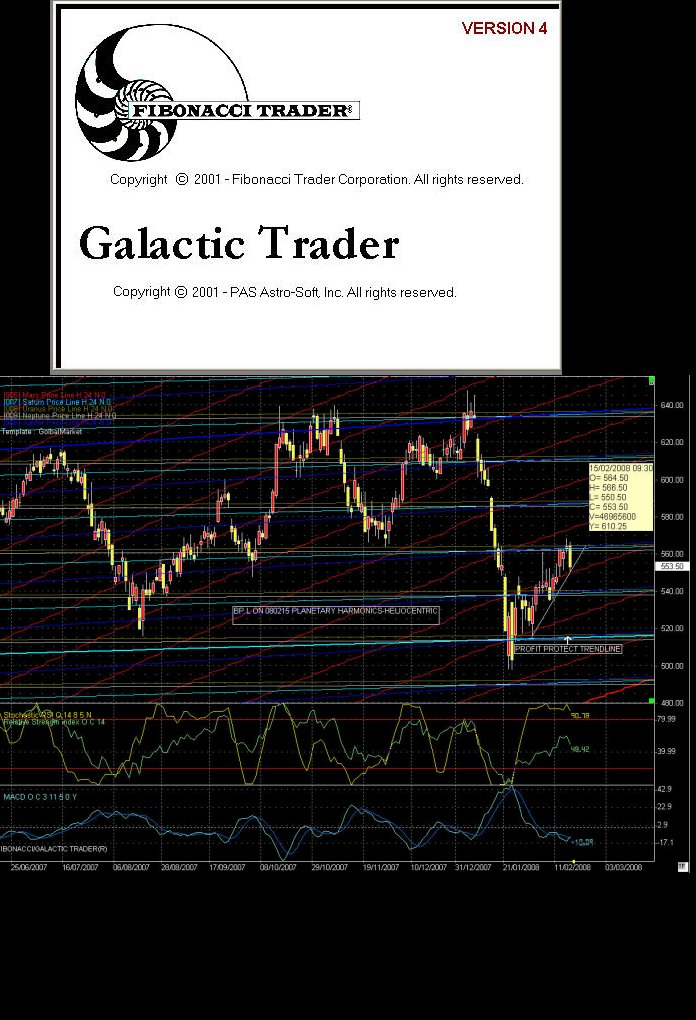 |
What is an actuary?
Most people will know something about the professions of accountants, doctors and lawyers. But tell someone you're an
actuary and more than likely they will look at you blankly , never having heard of an actuary.
If, however, they are aware of the work that actuaries do, they are likely to be impressed; being an actuary carries quite
a reputation. This is partly due to the difficult exams, but mostly due to the fact that actuaries are experts in a field
that is renowned for its complexity and mathematical prowess.
Statistical heart
Actuaries apply financial and statistical theories to solve real business problems. These business problems typically
involve analysing future financial events, especially when the amount of a future payment, or the timing of when it is paid,
is uncertain. A lot of actuarie's work might be thought of as risk management, assessing how likely an event may be and the
costs associated with it.
Understanding how businesses operate, how legislation may impact and how financial economics can affect values are all
vital skills for an actuary. But what differentiates actuaries is their core mathematical, economic and statistical understanding
and their ability to apply this to real financial problems.
Expert fields
The traditional areas in which actuaries operate are: consultancy, investment, life and general insurance and pensions.
Actuaries are also increasingly moving into other areas of the financial sector where their analytical skills can be employed.
Consultancy
Actuarial consultancies offer a whole range of services to their clients on issues such as acquisitions, mergers, corporate
recovery and financing capital projects. Many also offer advice to employers and trustees who run occupational pension schemes.
In fact, such consultancies are probably the biggest employers of actuaries in the UK.
Investment
In the area of investment, actuaries are involved in a range of work such as: pricing financial derivatives, working in
fund management, or working in quantative investment research. Often investment actuaries work in fields where their understanding
of insurance or pension liabilities helps them to manage the investment of the corresponding assets.
Insurance
The work carried out by actuaries in insurance includes designing new insurance policies, setting premium rates, calculating
a company's financial status (based on the policies already sold), and answering technical queries from policyholders. Insurance
actuaries also undertake detailed investigations of different experiences; such as how assets and expenses have performed
and the extent of different types of claims for different types of insurance policies (eg death claims for life insurance
or car theft for motor insurance).
Pensions
In the pensions field, actuaries are usually involved in designing and advising company pension schemes, especially where
a value needs to be placed on a scheme's accumulated pension promises. This could be for a formal valuation of a whole scheme,
which is legally required every three years or for an individual's benefits (perhaps if they want to transfer their entitlements
from one scheme to another).
The ability to communicate clearly difficult topics to non-specialists is of paramount importance.
With experience, actuaries tend to spend less of their time working on the strictly technical aspects, instead applying
their expertise to more general areas; whether it's managing a business, advising a client on remuneration policy, advising
on a corporate takeover, or undertaking one of many other different types of projects.
Career paths
An actuary's early training has a split focus on passing the professional exams and building practical experience. Once
qualified many actuaries go on to be practising specialists in one of the traditional fields, with many actuaries becoming
senior managers in insurance companies or firms of consultants.
Within the actuarial world there are many different career paths. Some actuaries specialise in technical research, whilst
others may focus more on commercial activities. The different roles require different mixes of skills, but whatever a particular
actuary's strengths, there will be a niche for them somewhere in the range of actuarial careers.
Challenges and rewards
Passing the exams is the first hurdle to becoming an actuary, but beyond this there is the challenge of developing the
capacity to give expert advice. Often this will involve dealing with non-actuaries and the general public, so the ability
to communicate clearly difficult topics to non-specialists is of paramount importance.
Being an expert carries responsibilities and rewards in equal measure. Actuarie's pay and conditions are good compared
to other professions. But for most actuaries, the real reward is doing a stimulating job that requires them to think and make
a positive impact on legislation, businesses and individuals.
Adapted from an article in 'Inside careers 2007-2008'
by Charles Young

Membership Organization * United Kingdom , Hong Kong * info@financialtech.org
|
